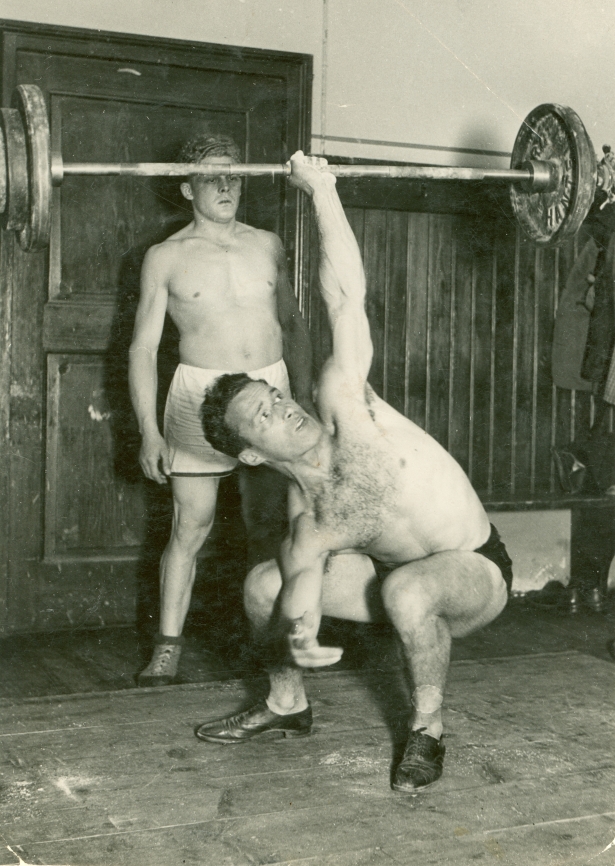Introduction:
One of the topics that is discussed on a regular basis by weight lifters, body builders, and other athletes is protein. This discussion usually involves the typical “how much to take” and “which form is the best.” However, an interesting idea is protein timing. There has been some new research that delves into the idea of how important it is to take your protein at specific times. Combined with the answers to those typical questions along with the actual effects can lead to a much improved understanding of how to improve muscular gains and development.
How Much Protein to Consume:
A 2012 study released in the Journal of the International Society of Sports Nutrition (ISSN) comes to some interesting conclusions about how much protein we should ideally be consuming. The bottom line is that we should take between 1.2 and 2.0 grams of high quality protein per kilogram of body weight.
This should be consumed on a daily basis, whether or not we workout that day. This is critical since most muscle growth actually occurs during our “off” days. In the past, many athletes simply did not take any extra (or at the very least, significantly less) protein during their non-workout days.
Effects of Protein Consumption:
The study has also shown that protein will have tremendously beneficial effects. This is certainly not a surprise, but it is nice to see in print again. Better still, these finding also indicate that there are significant benefits whether the protein is consumed before or after your workout. It will increase performance, recovery, lean body mass, hypertrophy (i.e. muscle growth), and strength.
Pre and Post Workout Supplementation:
The best types of supplements to use with a pre-workout meal or energy hit are branched chain amino acids. It is also interesting to note that most of the serious and professional level bodybuilders and strength athletes tend to also use handfulls of these BCAA’s during their routines as well.
The post-workout meal should be squarely focused on recovery. The study shows that 3 to 4 grams of leucine will help to promote the maximum amount of protein synthesis. You would also want to use a fast-acting carbohydrate source like glucose or maltodextrin in order to help provide the needed insulin to allow for protein production.
Which Supplements to Use:
According to this study, the best type of protein supplement to use during the pre-workout is the aforementioned BCAAs. They can also be used during the workout itself to help supply vital ATP energy to the working muscles. After the workout is finished, a high quality whey protein powder is recommended. Of course, you could also take other forms of protein powder (although whey is still best) and add in some leucine supplements along with a carbohydrate drink that includes either glucose or maltodextrin.

